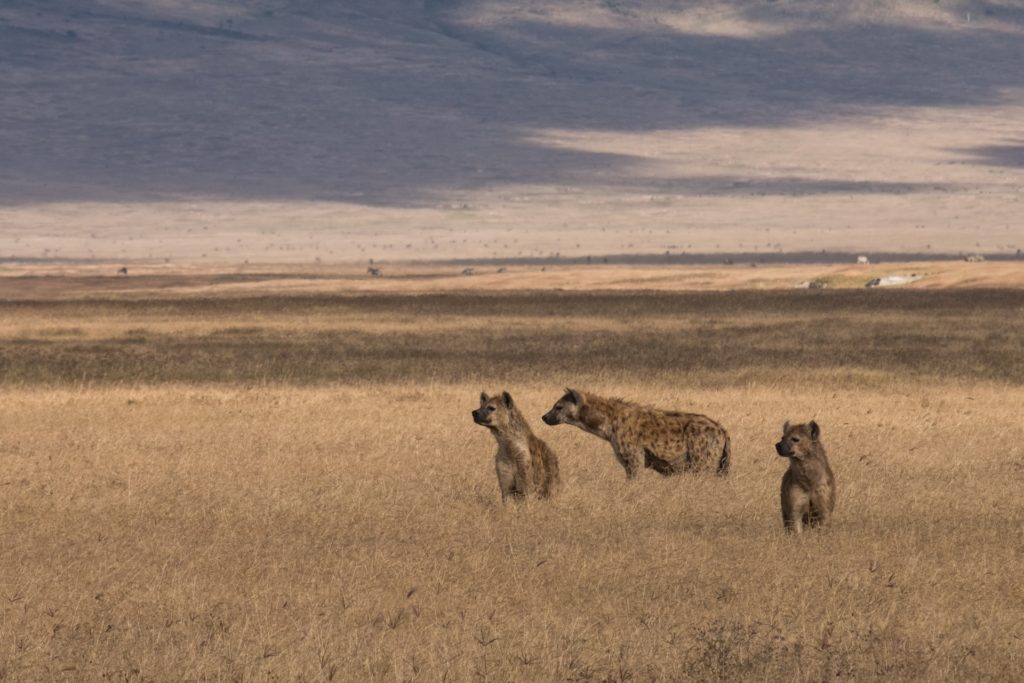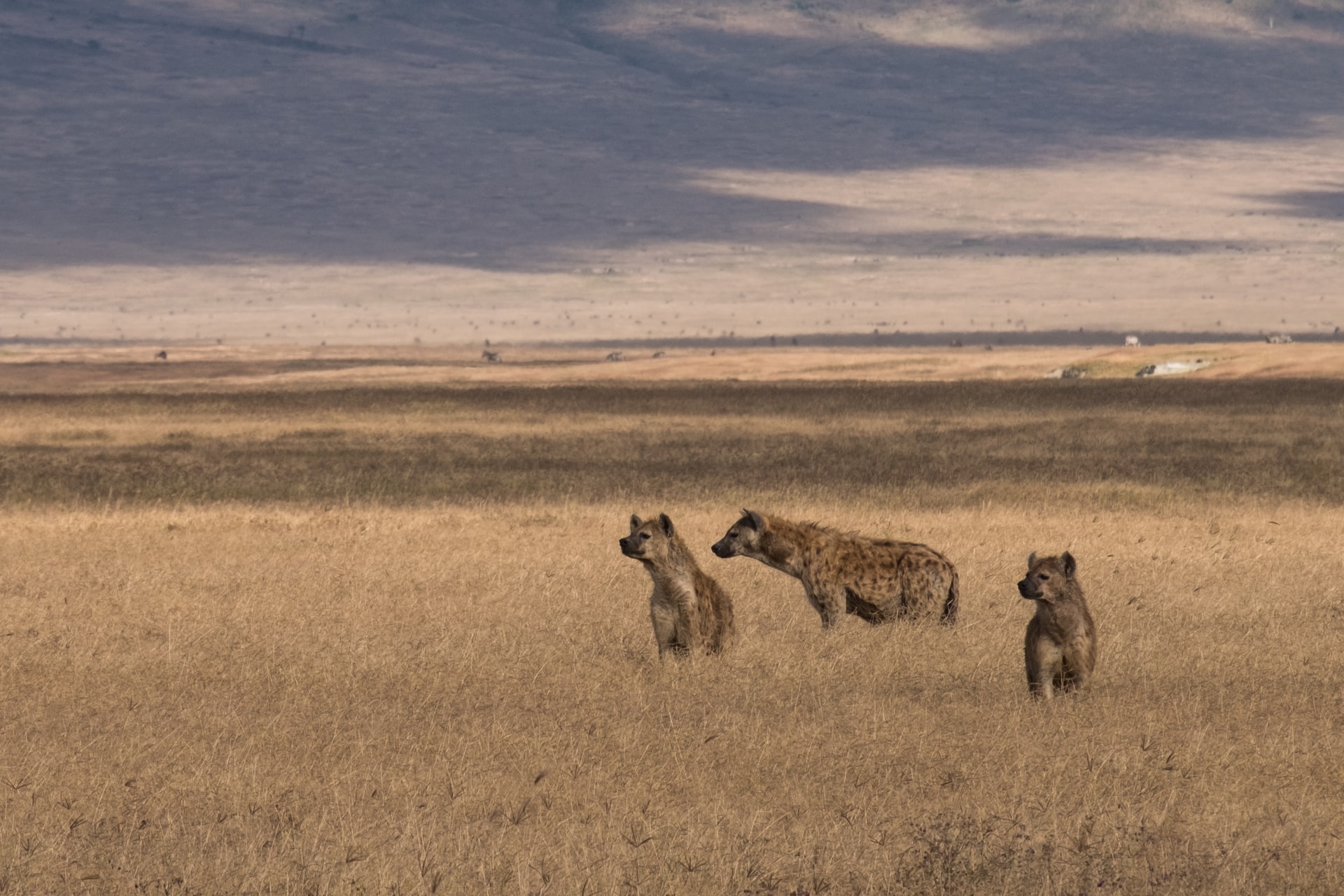
@johnvinod | March 6, 2021
Please begin by reading Mark 1: 1-13. The first three gospels mention the baptism of Jesus and the Spirit leading him into the desert. But what caught my attention is the little detail found only in the gospel of Mark. We are all familiar with the story that Jesus was in the wilderness being tempted by the devil. But Mark, believed to be the first and the most concise gospel, does not provide us with many details of this episode; instead, he adds a tiny, interesting phrase that is peculiar to Mark:
At once the Spirit sent him out into the wilderness, and he was in the wilderness forty days, being tempted by Satan. He was with the wild animals, and angels attended him (Mark 1: 12-13).
It is quite common for wild animals to be found in the wilderness of Judea where Jesus is believed to have spent forty days. So, Jesus faced not only a spiritual battle with Satan, but also the physical pain of hunger and thirst as well as the dangerous reality of the wild beasts around him. However, I think, Mark’s intention of including this little detail goes a bit further.
As noticed yesterday, the desert is a place that represents an experience of the Israelites’ wanderings and testing in the wilderness of Sinai. Mark is emphasizing the true desolation and fierceness of the time Jesus spent in the desert by mentioning that he was with the wild animals. However, perhaps Mark is also hinting at the reversal of the scene in Genesis 3. For Mark, Jesus’ wilderness experience, as the second Adam, could also be identified and compared with the experience of the first Adam. While Adam was in a friendly wilderness where the animals around him had not yet become dangerous, yet in this ideal situation Adam yielded to his temptation leading to the fall. In contrast to Adam, Jesus Christ, the second Adam, came to a fallen world and was surrounded by the truly hostile animals. But unlike Adam, Jesus overcame not only his temptations, but also the beasts as he came out victoriously from this wild experience. The submission of the wild animals to Jesus is the hope of the restoration and renewal of God’s creation when the Kingdom of God is fully realized on Earth.
Therefore, since Jesus Christ passed through this struggle in the desert, he is able to sympathize with us and guide us when we go through our wilderness and temptation. Jesus had been with the wild animals, and they did not harm him. Whatever might be your desert experience today, Jesus gently comes along saying, I know how you feel! I have been there. So, he is able to protect us and lead us out of our desert today. Further, Jesus also teaches us through his experience how we should live and act in the face of danger and trials in our everyday life. May we continue learning from him. Amen.
2 Comments





